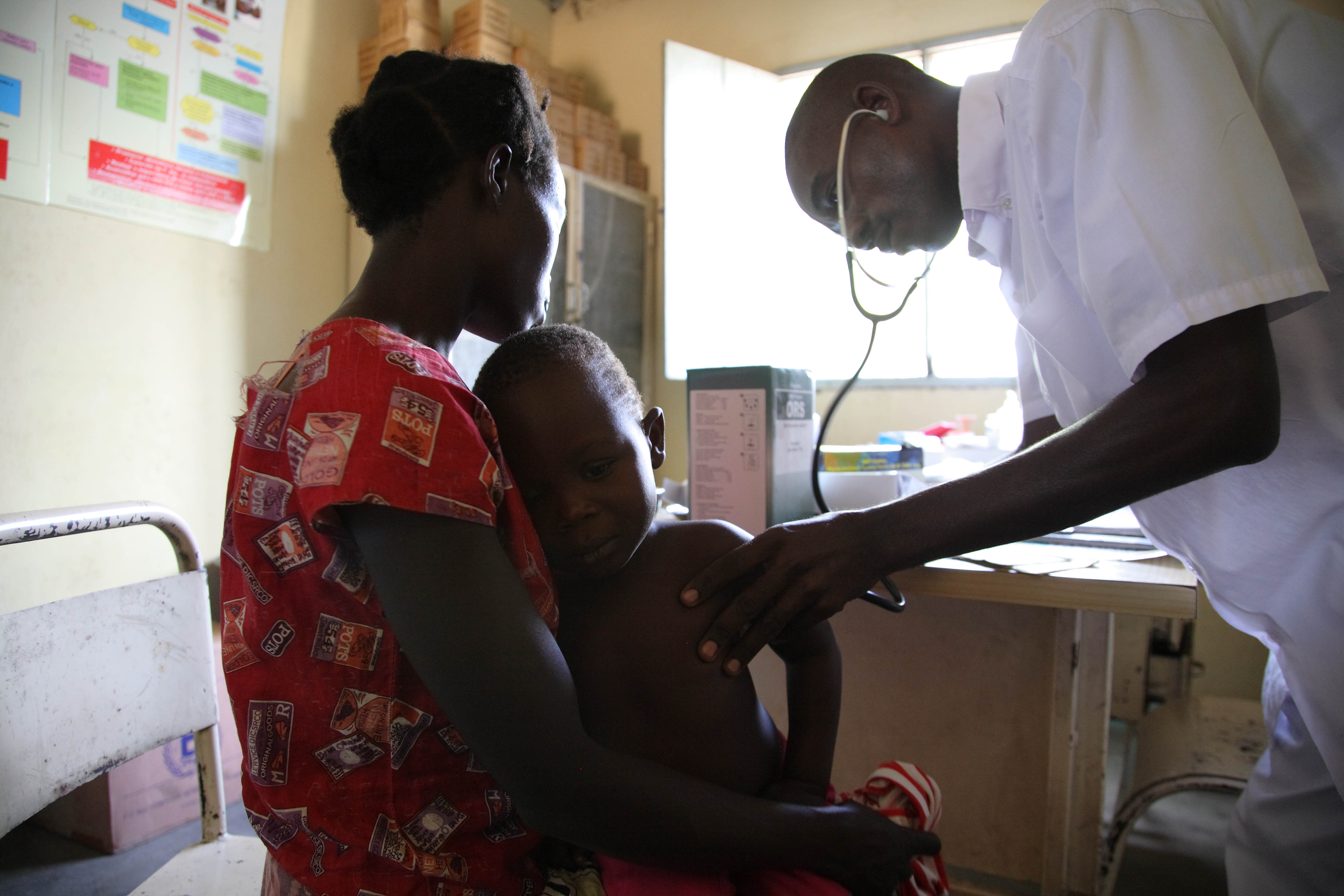Contact details:
Eric Fèvre (eric.fevre@liverpool.ac.uk). Institute of Infection and Global Health (IGH), University of Liverpool and jointly appointed at the International Livestock Research Institute, Nairobi, Kenya.
Background
The ability of bacteria of interchanging genes that confer the ability to survive exposure to antibiotic drugs is a global concern, as the dissemination of antimicrobial resistance genes amongst different bacterial species has been reported by a number of studies. This is an evolutive process that occurs as a consequence of putting selective pressure on bacteria from continuous antimicrobial use. Genes encoding resistance mechanisms to different families of antibiotics can be transferred together, between bacteria of the same species or between species of bacteria, if they are present in the same mobile genetic element, especially in plasmids. Multi-drug resistance plasmids are especially important, as these can mediate resistance to different families of antibiotics.
Bacterial species of clinical importance such as Salmonella, Campylobacter, Klebsiella, and Proteus can be found in many food products of animal origin and have the potential to interchange resistance mechanisms. These bacterial species are commonly found as commensals in the microbiome of many animal species bred for human consumption. However, some strains of this bacterial species have pathogenic potential and are the main cause of food-borne bacterial diarrheal disease in humans.
Project overview
The aim of this research is to determine shared drug resistance mechanisms between multiple bacterial species including Salmonella spp, Campylobacter spp, Klebsiella sp and Proteus sp isolated in a hospital clinical environment. In this project, focussed studies on human-derived clinically relevant isolates of a range of bacterial species sharing the same phenotype (cephalosporin resistance) are being sequenced to understand if the resistance mechanisms are shared. This will have important implications for the management of antibiotics in a hospital setting in East Africa.
Research impact
A better understanding of which drug resistance mechanisms are shared between different bacterial species will inform policymakers on which antibiotics have prevalent resistance genes and need to be considered in the implementation of policies oriented towards reducing antimicrobial resistance.
Researchers
Eric Fèvre1, 2, Sam Kariuki3, Revathi Gunturu4, Katie Hamilton1.
Institutions involved
- University of Liverpool Institute of Infection and Global Health, UK.
- International Livestock Research Institute, Kenya.
- Kenya Medical Research Institute, Kenya.
- Aga Khan University, Kenya.
- Wellcome Trust Sanger Institute, UK.
Research Subject Area(s)
Animal health, Microbiology, Genomics
Funding
- CGIAR research program on Agriculture for Nutrition and Health (A4NH).
- Zoonoses in Emerging Livestock System (ZELS) of UK BBRSC.
- Global Challenges Research Fund, UK Medical Research Council (MRC).
More information
- Zoonoses in Livestock in Kenya (ZooLink). http://www.zoonotic-diseases.org/project/zoolink-project/
